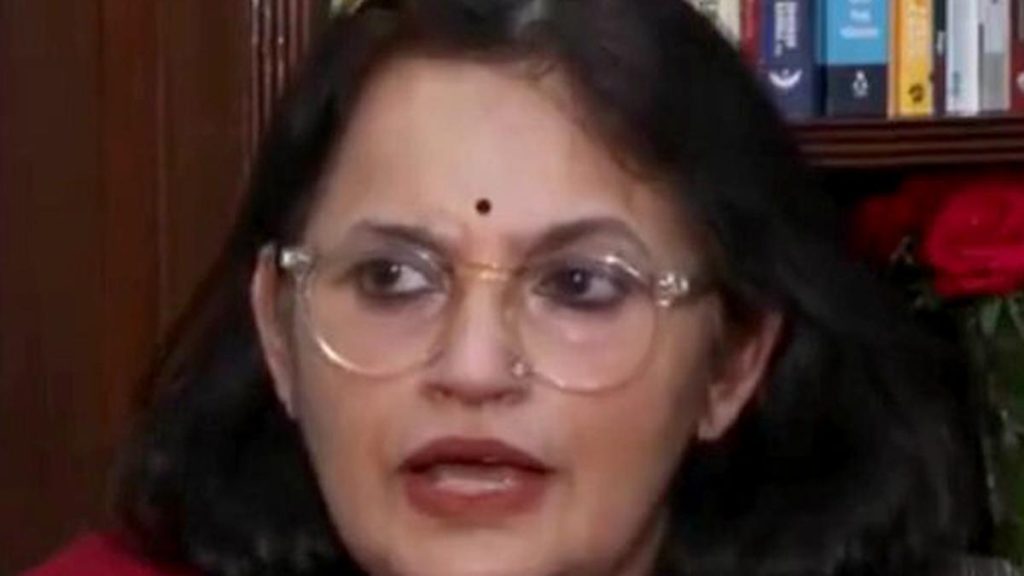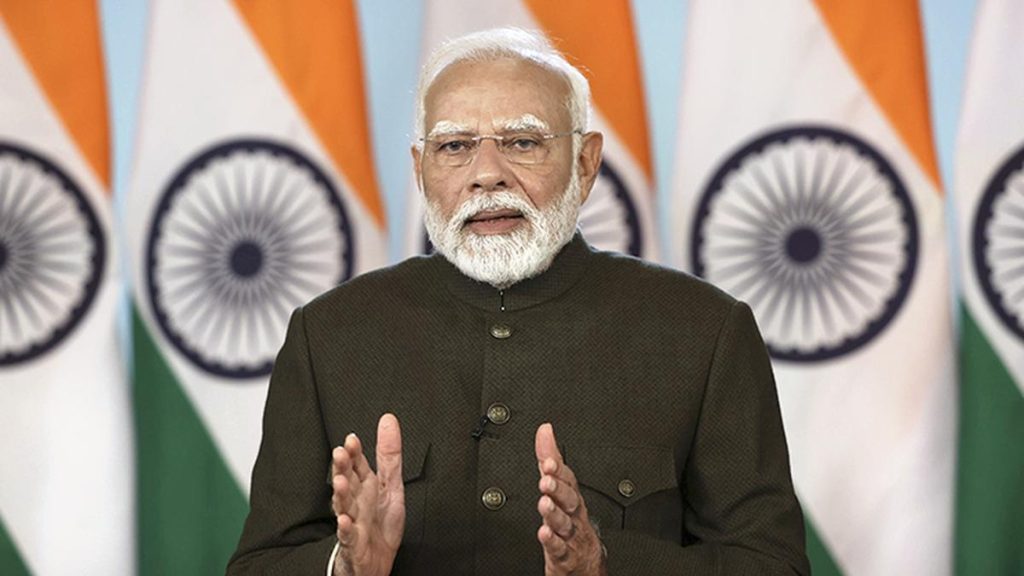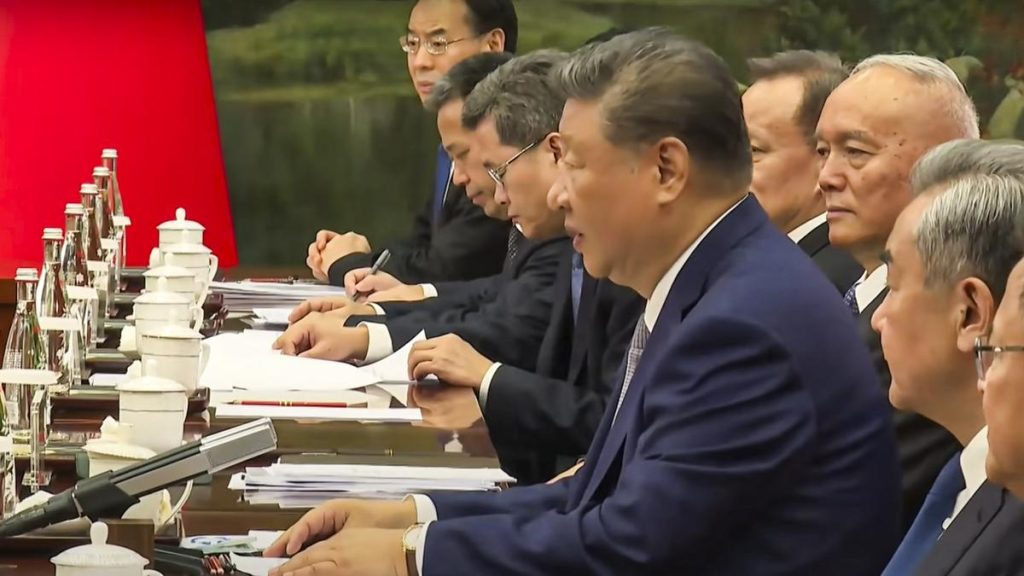Now Reading: Centre Rejected Industry Calls for Safeguards on Phone and Internet Tapping: RTI
-
01
Centre Rejected Industry Calls for Safeguards on Phone and Internet Tapping: RTI
Centre Rejected Industry Calls for Safeguards on Phone and Internet Tapping: RTI
quick Summary
- New Rules: The Union government notified the Telecommunications (Procedures and Safeguards for Lawful Interception of Messages) Rules, 2024, replacing previous regulations under the 19th-century Telegraph Act.
- Judicial Oversight Missing: The new rules do not incorporate demands for judicial or parliamentary oversight in interception processes, maintaining the status quo where senior officials authorize orders without external review.
- Industry Feedback:
– Vodafone Idea sought clarity on state-level jurisdiction for issuing interception orders across states-this was not accepted.
– Extreme Infocomm and PRS Legislative recommended independent oversight; this too was not incorporated.
- Interception Orders Volume: No current statistics are available. In 2014, it was reported that the Central government issued 7,500-9,000 intercept orders monthly. PRS warned that such volumes make thorough scrutiny impractical for review committees.
- Cost of Compliance: Telecom operators like Bharti Airtel highlighted significant costs incurred due to interception requirements and requested government compensation. This demand was not included in the final rules.
- Partial Acceptance of Inputs:
– Operators proposed secure dialog standards with authorities-this was accepted and added to the rules.
– Provision introduced requiring emergency junior official-authorized intercepts to be destroyed if higher authority confirmation isn’t obtained within two days.
indian Opinion Analysis
the recent Telecommunications (Procedures and Safeguards for Lawful Interception of Messages) Rules reflect a cautious evolution rather than transformative reform in India’s legal framework on surveillance. While incorporating some technical inputs from telecom operators, such as security measures during data transmission and checks on unconfirmed emergency intercepts, critical concerns regarding clarity or safeguards against overreach were left unaddressed.
Notably absent is judicial or independent oversight despite repeated clarion calls from industry stakeholders highlighting its importance for unbiased accountability. given historical data suggesting thousands of monthly interceptions at just the central level, this omission raises questions about whether existing mechanisms can adequately prevent misuse or ensure compliance with constitutional protections like privacy rights.
furthermore, operational burdens borne by telecom service providers without compensation could create tension between regulatory responsibilities and sustainable business models within india’s telecommunications sector.
Although modernizing older telecommunications laws is a step forward technologically speaking-both economically and administratively-the government may face persistent scrutiny over civil liberty implications unless further balancing adjustments are made.

























